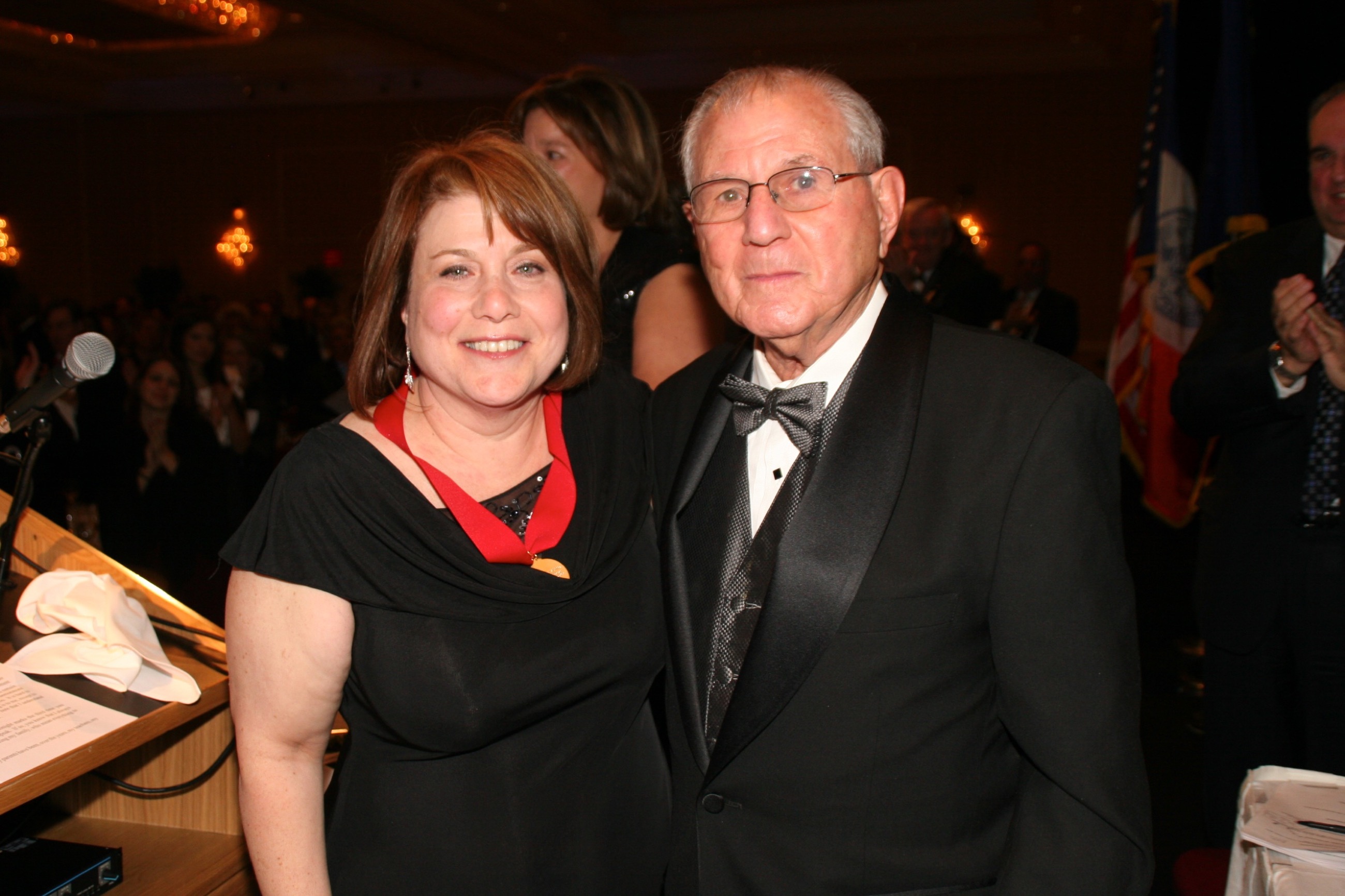Justice Jules Spodek remembered by the legal community as a feisty jurist

Justice Jules Spodek, a beloved member of the Brooklyn legal community, died on Oct. 11 at the age of 91 in his home in Brooklyn Heights. Justice Spodek was affectionately known as a feisty jurist, after a newspaper article described him that way in 2002 during one of the biggest trials in his life.
While he carried himself very seriously in his courtroom, the feisty jurist nickname was one his family always laughed at, including at his funeral last week.
“We found it funny that some people regarded as him as stern and strict. In a New York Post article in 2002, they even described him as a ‘feisty jurist,’” said Spodek’s grandson Sammy Glickman. “To us, he was the sweetest, kindest, most gentle man. While he may have been a strict judge in the courtroom, those who know the Spodek family knew that the real boss, and the one who always got the last word in was Grandma Horty.”

Brooklyn Boro
View MoreNew York City’s most populous borough, Brooklyn, is home to nearly 2.6 million residents. If Brooklyn were an independent city it would be the fourth largest city in the United States. While Brooklyn has become the epitome of ‘cool and hip’ in recent years, for those that were born here, raised families here and improved communities over the years, Brooklyn has never been ‘uncool’.